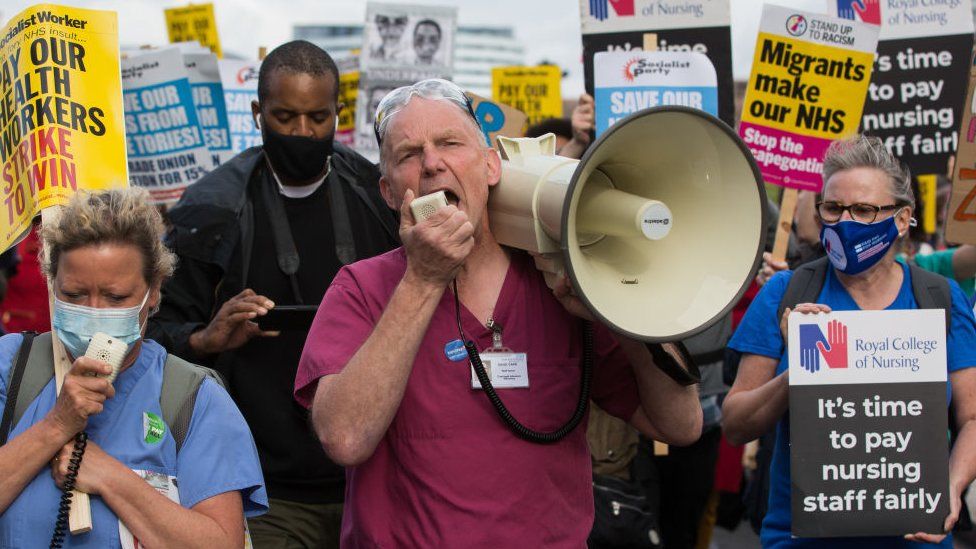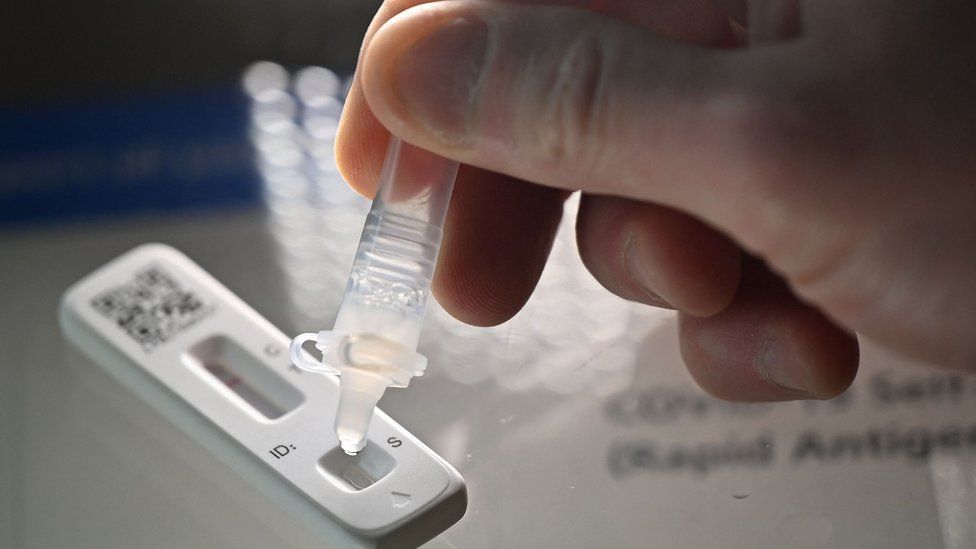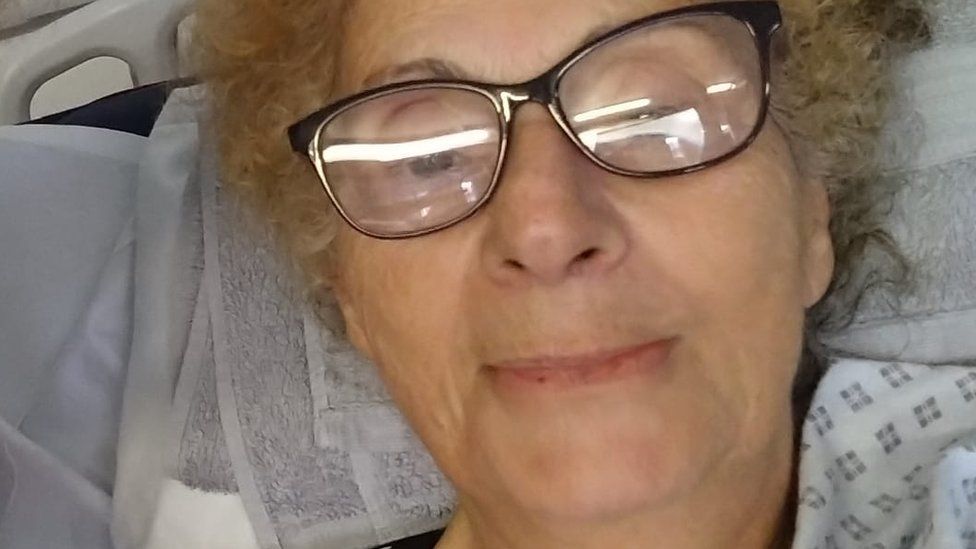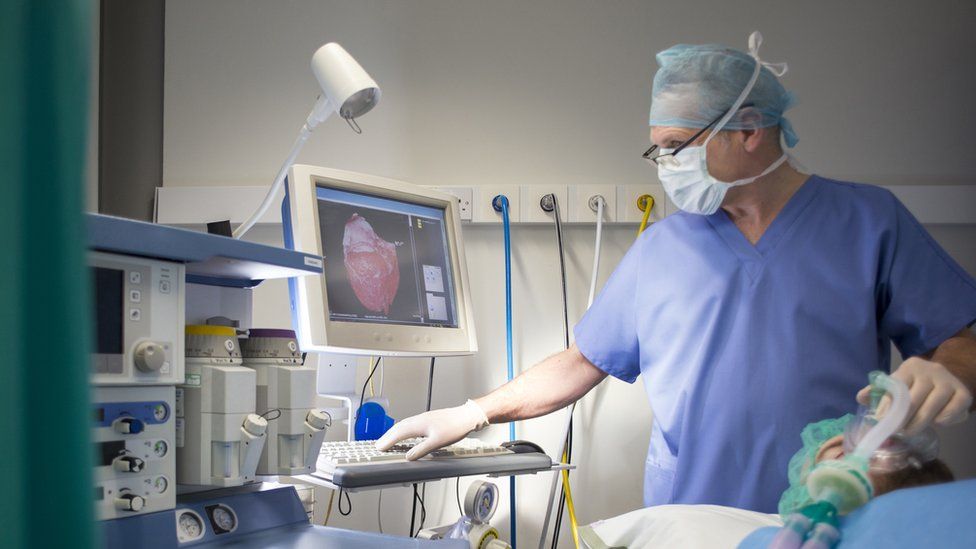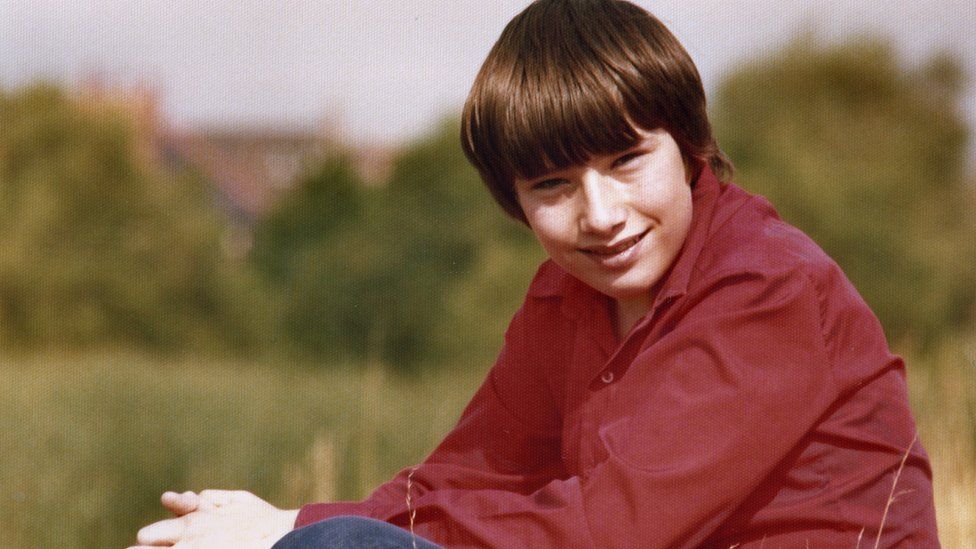Nurses' strike: What is the dispute about?
Nurses' strike: What is the dispute about?
2022-11-09 17:25:12
Nurses belonging to the Royal College of Nursing union have voted to strike.
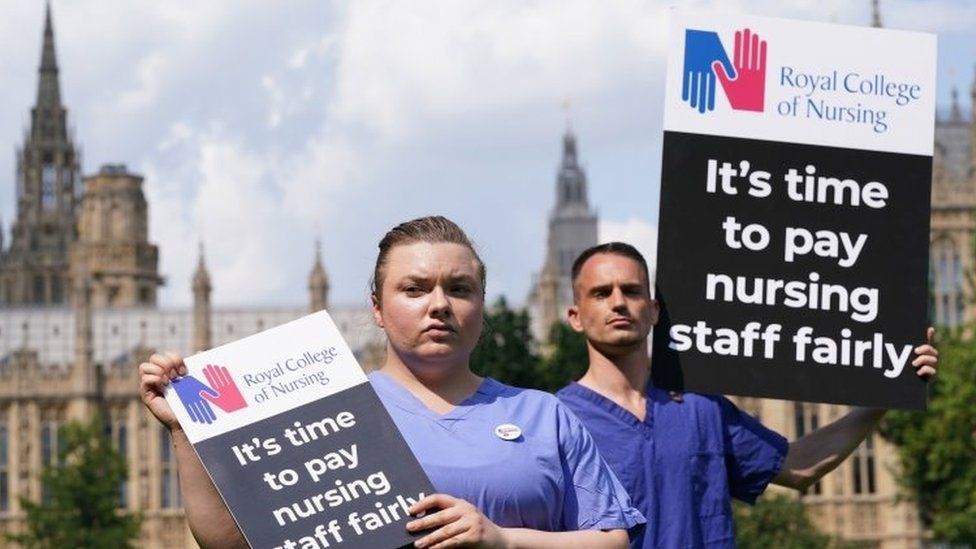
Nurses belonging to the Royal College of Nursing (RCN) union have voted to strike.
Action is expected before the end of the year, and would be the union's first UK-wide strike in its 106-year history.
The walkout will involve RCN members in more than half of hospitals and community teams - but emergency care will be protected.
What was the result and what happens next?
The strike ballot was sent to 300,000 RCN members - representing around two-thirds of the nurse workforce.
However, instead of one national ballot, a series of mini ballots were held across local services. This could be a hospital trust or community service, but not an individual GP practice.
Nurses in every service in Scotland and Northern Ireland voted for action. In Wales all but one health board did.
But in England, the turnout was too low in nearly half of NHS trusts for strike action to go ahead. At least 50% of union members need to take part in a strike ballot for it to count.
In the areas which voted yes, a decision will now be taken about when to take strike action and what form it should take.
However, it is expected that the first walkout will be before Christmas.
England Health Secretary Steve Barclay said he "deeply regretted" the result of the votes.
Matthew Taylor, chief executive of the NHS Confederation, which represents health managers, urged the government and RCN to find another solution.
Your device may not support this visualisation
What does the nurses' strike mean for patients?
The government in England urged nurses to consider the impact on the public.
However, RCN general secretary Pat Cullen said its members would protect patients by continuing to provide urgent and emergency care during any strikes.
All nursing staff would be expected to work in services such as intensive care.
Other services, such as cancer treatment or urgent testing, may be partially staffed.
Details will be negotiated individually by local service managers and union representatives.
It is also possible that nurses could be pulled off picket lines to work if there are safety concerns during a strike.
This happened during the 2019 walkout in Northern Ireland by RCN members - the only other time the union has been involved in strike action.
Routine services - including planned operations such as knee and hip replacements, community nursing services and health visiting - are expected to be badly affected.
Pay. The RCN is calling for a rise of 5% above the RPI inflation rate, which currently stands at above 12%, but no UK nation has offered close to that.
In England and Wales, NHS staff - including nurses - have been given an average increase of 4.75%. The lowest paid were guaranteed a rise of at least £1,400.
In Scotland, NHS staff were initially offered 5%, but that has been changed to a flat rate of just over £2,200, which works out at just over 8% for a newly qualified nurse.
In Northern Ireland, nurses are yet to receive a pay award because there is no working government.
During the ballot process, the RCN argued this year's below-inflation pay award followed years of squeezes on nurses' salaries.
The union says average pay for nurses fell by 6% between 2011 and 2021 - once inflation is taken into account - compared with a 4.6% drop across the whole UK workforce.
The RCN says this is compromising care, because it means the NHS is struggling to attract and retain nurses.
But the government in England pointed out this year's award is in line with what the independent NHS Pay Review Body recommended.
NHS staff were also awarded a 3% rise last year in recognition of their work during the pandemic, while the rest of the public sector had a pay freeze.
How much are nurses paid?
The starting salary for a nurse is England is just over £27,000 a year. This is the bottom of pay band five of the NHS contract, known as Agenda for Change.
Staff such as healthcare assistants, porters and cleaners are on lower pay bands.
Under the contract, staff are entitled to in-the-job salary increases within their pay band.
A nurse with four years' experience would be expected to get close to £33,000 - the top end of pay band five.
Specialist nurses, such as those with extra qualifications to treat cancer and diabetes patients, can get up to £47,000, while the most senior nurse consultants can earn up to nearly £55,000.
- 21 June
- 7 January 2021
Related Topics
Read More
